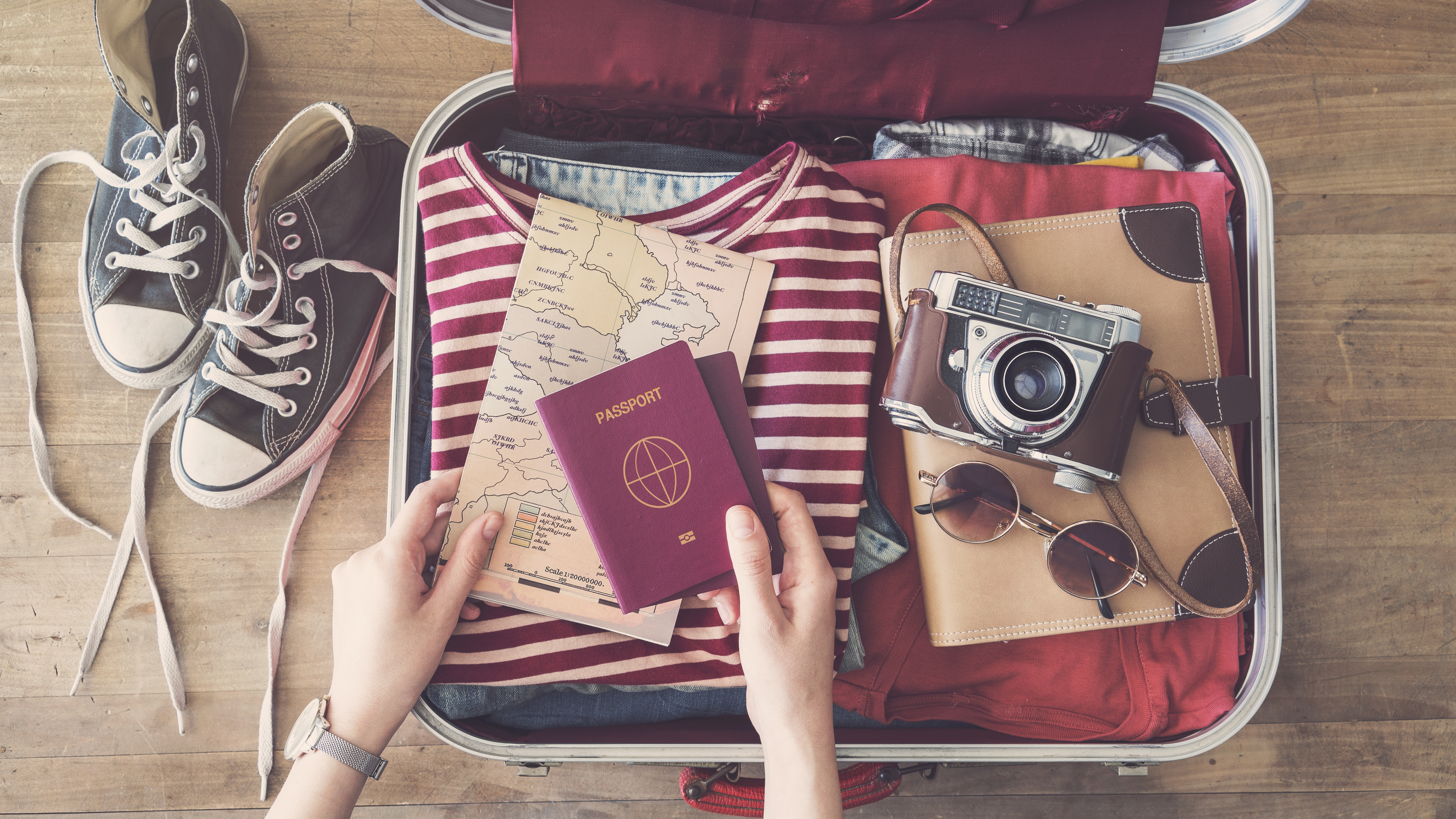
A 2018 survey of 15,543 physicians found that 33% of physicians take less than three weeks of vacation each year.
To those 33%, we say, take your vacation time–you’ve earned it! In our StudyWise Guide, we recommend frequent breaks while studying to strengthen memory encoding and to refuel. We recommend the same thing for students, residents, and practicing physicians. You need time off to recharge!
Travel should be a part of your summer plans this year. Here’s why:
Taking a Trip Away Decreases Stress Levels
Preparing for a trip or vacation can be like looking at the light at the end of a tunnel. Putting some of your energy into a task outside of work can relieve stress—like planning that getaway you’ve always wanted.
Almost 90% of travelers say that even after only a day or two into their vacations, they feel significant drops in their stress. Start by planning your dream vacation, even if you don’t plan to take it this summer, you’ll still reap the mental health benefits.
Going on a Vacation Helps Prevent Burnout
A leading cause for physician burnout is due to an imbalance between work and life. 80% of physicians feel “at capacity” or “overextended” at work.
A good way to reduce the burnout blues is to get away from work for a while. It won’t “cure” you from feeling like you are at capacity, but it will definitely help you to recharge. A lack of work-life balance can mean less time spent with family and friends, which can accelerate burnout. Plan a family/friend vacation to knock out two birds with one stone. You work hard. You should get to play hard, too!
New Experiences Mean Learning New Things
When you travel, you get to experience something completely new and out of your comfort zone—you experience new foods, unique ways of living, and different ideas. Traveling can teach curiosity, patience, empathy, social skills, language skills, and creativity.
Pro-Tip: If you want to keep studying top-of-mind while on your trip, you can sign up for our week of Q&As for internal medicine or pediatrics. It’s completely free and will send you a Q&A each day for a week. The Q&As will keep you learning even more while on your summer vacay!
You Can Use In-Transit Time to Study
If you’re stuck in the car or on a plane, use that time to look over flashcards, Q&As, or do some reading. You’ll feel productive during downtime and knock out some of your summer study goals.
Varying your surroundings while you study is the way to go. Encoding (the first stage of the memory process) improves when studying in a variety of places, even when there are mild distractions. Think about it, we are sure you remember the first time you went to a foreign country, the first time you saw the ocean, or mountains, the point is, unique (and exciting) experiences stand out.
So, to sum up this point: studying while on vacation helps you remember better. You’re welcome.
You’ll Perform Better Once You’re Back Home
You change people’s lives on a daily basis, but if you go too long without a vacation it can become routine and mundane. When you return to work after a vacation you are refreshed and likely to have higher performance levels.
If you’ve yet to put in for time off this summer, go do it now! If you need help deciding where to go, we’ve got you covered with these 9 must-see U.S. destinations.
If you’re not already, go follow along with us on Instagram to see our #MedStudySummer tips and tricks. And don’t forget to tag us in your vacation pics, we want to see where you #myMedStudy.


